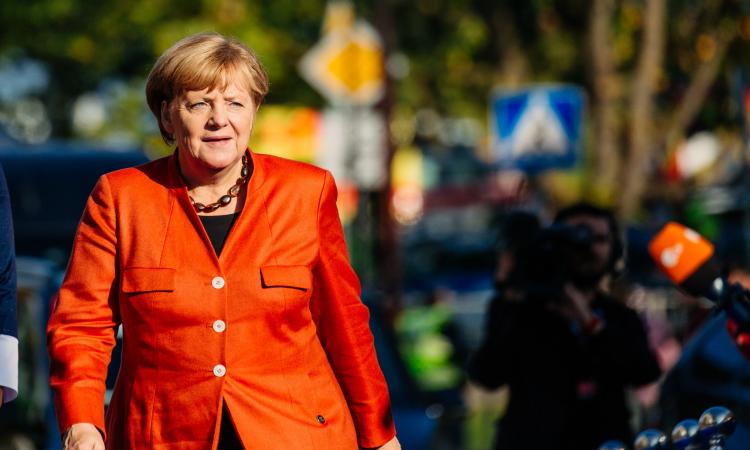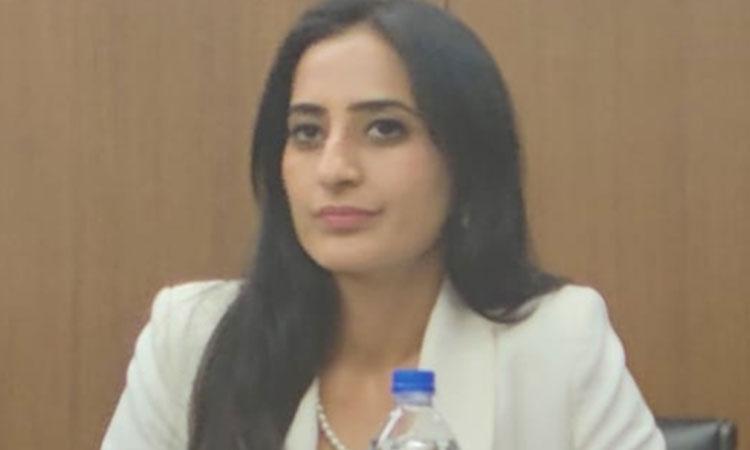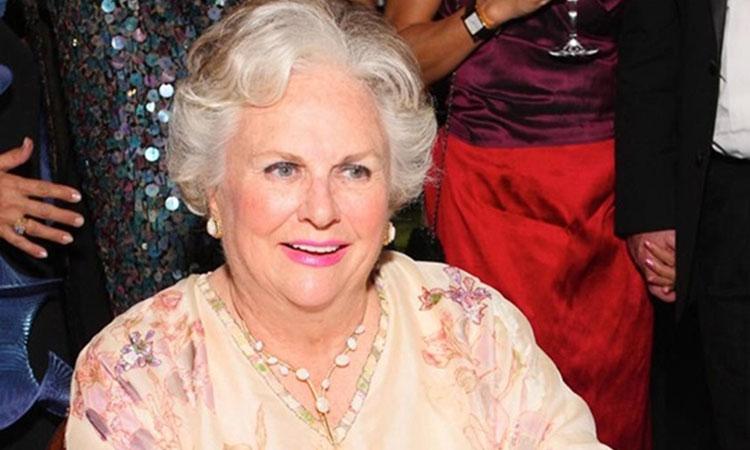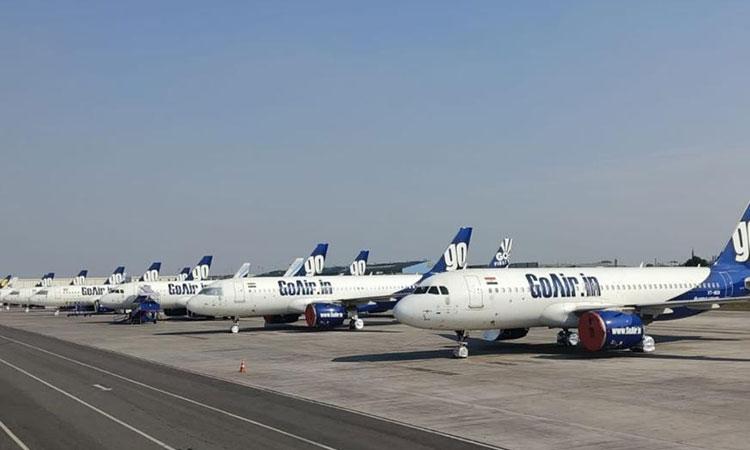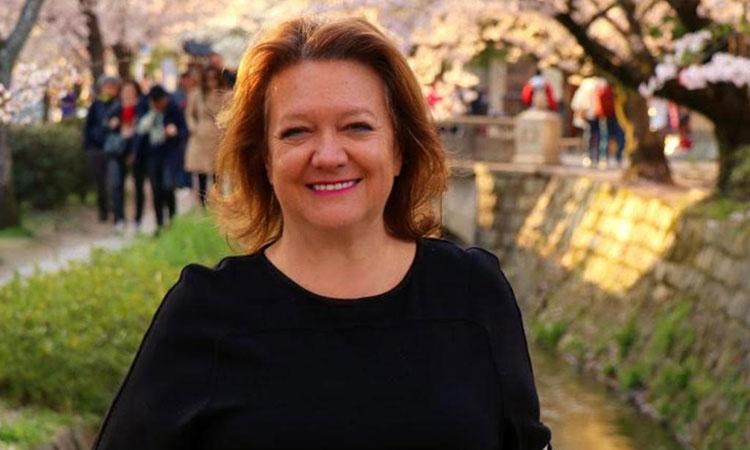“I might break, but I will never bend because it is in my nature as a strong woman,” German Chancellor Angela Merkel has been famously quoted saying. Her story of transitioning from a science researcher to a politician in the early nineties and then becoming one of the most powerful world leaders is inspiring for women, especially in today's world and time when women are challenging the patriarchy and sexism in societies more than ever.
Angela Merkel is a German politician who has been Chancellor of Germany since 2005. She served as the Leader of the Christian Democratic Union (CDU) from 2000 to 2018. Merkel has been widely described as the de facto leader of the European Union.
Born on July 17, 1954, at Hamburg in West Germany to Horst and Herlind Kasner. Her father was a theology student and her mother was a teacher of Latin and English. Her father accepted a pastorate in Quitzow, Brandenburg, and the family relocated to East Germany just weeks after Merkel’s birth. In 1957 they moved again to Templin, where Merkel finished high school in 1973.
Angela Merkel was not initially into politics. She went to Leipzig to study physics at Karl Marx University and also she was awarded a doctorate for her thesis on quantum Chemistry in 1986.
In the wake of the Revolutions of 1989, Merkel entered into politics and she briefly served as deputy spokesperson for the first democratically elected East German Government led by Lothar de Maizière. Following German reunification in 1990, Merkel was elected to the Bundestag for the state of Mecklenburg-Vorpommern. Merkel was appointed as Minister for Women and Youth in 1991, later becoming Minister for the Environment, Nature Conservation, and Nuclear Safety in 1994. After the CDU lost the 1998 federal election, Merkel was elected CDU General Secretary, before becoming the party's first female leader.
Merkel was appointed Chancellor of Germany, leading a grand coalition consisting of the CDU, its Bavarian sister party the Christian Social Union, and the Social Democratic Party of Germany. Merkel is the first woman to be elected chancellor, and the first chancellor since the fall of the Berlin Wall to have been raised in former East Germany. , Merkel's CDU won a landslide victory with 41.5% of the vote in 2013 and formed a second grand coalition with the SPD. Merkel has led the CDU to become the largest party for the fourth time in the 2017 elections.
Merkel has significantly contributed to world progress. She has emphasized international cooperation and strengthened transatlantic economic relations. In 2007, Merkel served as President of the European Council and played a central role in the negotiation of the Treaty of Lisbon and the Berlin Declaration. She has played a crucial role in managing the global financial crisis and the European debt crisis. In domestic policy, health care reform, problems concerning future energy development, and more recently her government's approach to the 2010s migrant crisis are the major concerns raised for the welfare of people during her chancellorship.
Merkel is in the Times 100 Most Influential People 2020. In December 2015, she was named Time magazine's Person of the Year. Forbes list of The World's Most Powerful People ranked Merkel as the world's second most powerful person in 2012, the highest-ranking achieved by a woman since the list began in 2009; she was ranked fifth in 2013 and 2014. Merkel topped Forbes magazine's list of "The World's 100 Most Powerful Women" in 2006, 2007, 2008, 2009, 2011, 2012, 2013, 2014, 2015, 2016, 2017, 2018, and 2019.
Angela Merkel’s contribution to the world creates a stimulus for every girl dreaming to make her dreams true. Her visionary goals can also be seen in 'Angela Merkel: The Unexpected,' the documentary highlighting her rise from an East German physicist to one of the world’s most powerful women. She has been internationally acclaimed for her cooperation and peace integration among countries. In May 2016, Merkel received the International Four Freedoms Award from the Roosevelt Foundation in Middelburg, the Netherland, and Indira Gandhi Peace Prize in 2013, She received the Jawaharlal Nehru Award for the year 2009 from the Indian government for International understanding. In 2006, Merkel was awarded the Vision for Europe Award for her contribution toward greater European integration.

